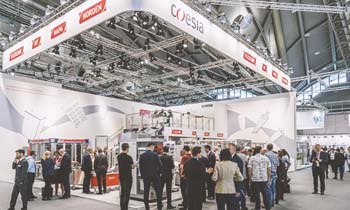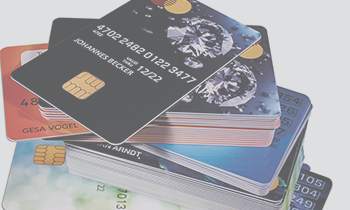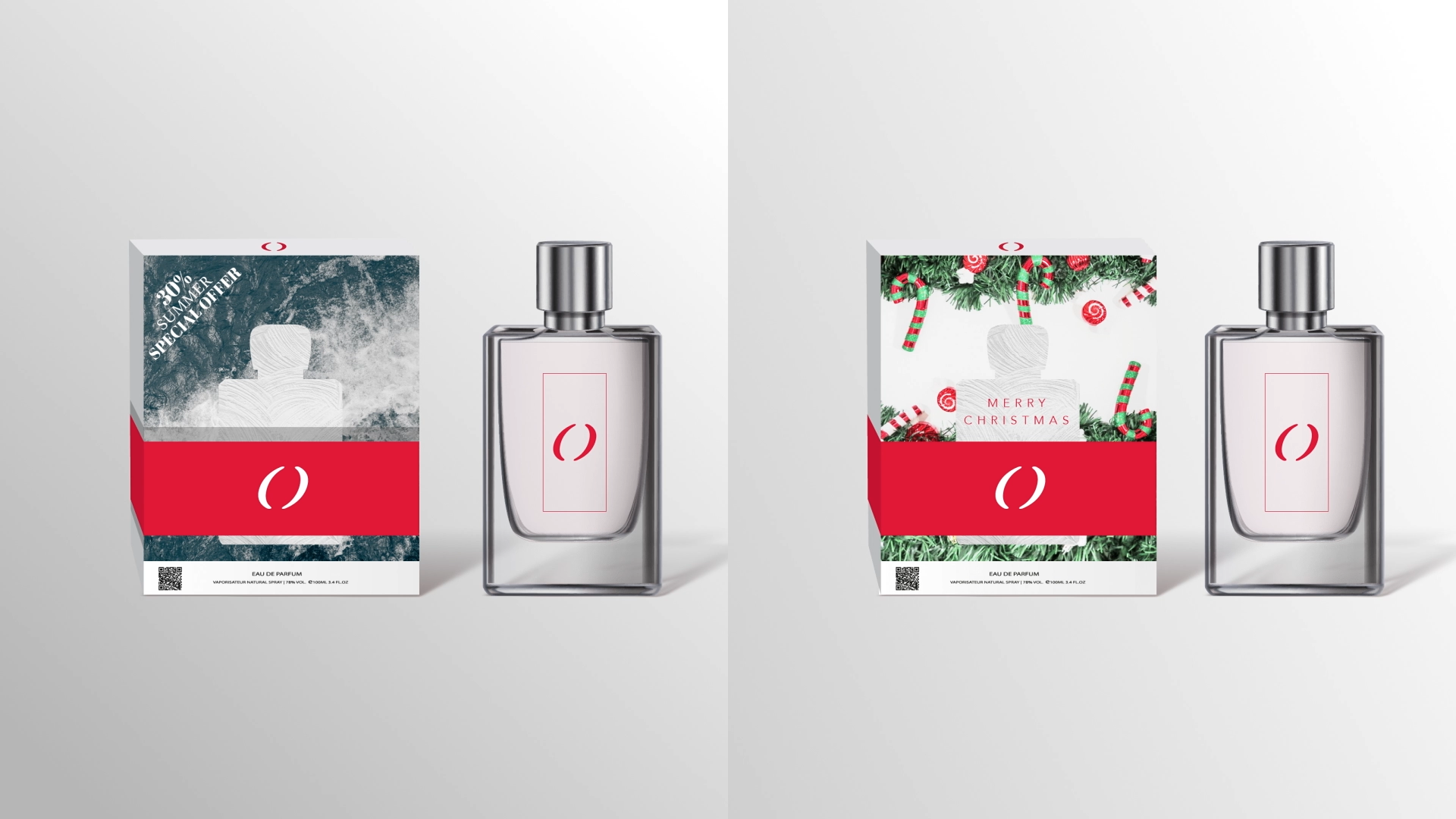Sustainable Personalization – The Environmental and Business Benefits of Late-Stage Customization
“Big brand companies” are facing rapid changes in their distribution channels posing a significant challenge to their marketing, sales and supply chain experts. In the consumer goods segment, the need to address micro niches and respond to ever-changing customer preference and buying behavior is critical. Small production volumes, greater proliferation of SKUs and product variants drive up production complexity. Complexity is associated with increased waste and a greater burden upon the environment. Counter-intuitively, this need not be the case. Product personalization and late-stage customization (if implemented correctly) offer significant sustainability benefits.
Brands these days must constantly respond to emerging trends and take more resolute steps to leverage seasonal offerings. In highly developed consumer societies, supply bottlenecks are no longer acceptable. Consumers have become accustomed to having their needs satisfied quickly. Choice is bountiful and the internet provides the end transparency. Consumers decide for themselves, at any time, what to buy as well as when and where to buy it. The element of “surprise” offered by “product availability” is no longer sufficient to satisfy consumer curiosity or expectation. A brand that is capable of distinctively tailoring its products to users or occasions that are relevant to them has a much more powerful impact. This applies even if the customization is primarily a matter of presentation or packaging design.
The practice of modifying products nowadays extends far beyond the seasonal mass customizing of candies, typically for Easter or Christmas. Customization has become more sophisticated and appealing, as exemplified by short-lived promotions, such as the personalization of nougat spreads, or premium cosmetics that deliver a personal birthday message. The task is to reach out effectively to ever smaller target groups and individual consumers and create “in the moment - meaning” between the product and the consumer. Packaging customization is one of the more accessible methods for creating the “personalized effect”.
Managing Complexity – Protecting the Environment
Late-stage customization is crucial to managing the complexity arising from packaging diversity and contributing substantially to resource conservation, with obvious environmental benefits.
Modular solutions for inline late-stage customization, such as Atlantic Zeiser’s DIGILINE Versa Inline Pro, can tailor-make both flat cartons and erected boxes. As a key constituent of an integrated packaging line, the system also encompasses brilliant digital color printing for batch sizes as small as one. The print quality matches the expectations of consumers, who are familiar with packaging that is preprinted in enormous quantities. Representing the latest generation of UV inkjet printers, the OMEGA Pro 4C offers a resolution of 600 dpi. It can reproduce even the finest details and outlines with phenomenal clarity, right down to a 3pt font size.
In consequence, a single line is able to accommodate a more or less infinite range of solutions very late in the production or packaging process. The route to the end-user thus becomes a lot more direct. This operating model can reduce the number of carton packaging units that have to be bought and held in stock to an absolute minimum, minimizing excessive inventory movements. The transport of preprinted packaging material decreases as well. The occurrence and disposal of outdated preprinted packaging is eliminated from the production process entirely. Customer experience shows that the total decrease in waste material can be as large as 70 percent and the warehousing space for finished goods by up to 90 percent. A net reduction of up to 80 percent in the carbon footprint can be achieved.
Two Goals – One Solution
By facilitating short response times and great agility in packaging design for event-driven and seasonal marketing campaigns, i.e. for specific target groups or completely personalized, late-stage customization achieves two goals. Supply chain efficiency substantially curtails the consumption of resources. Late-stage customization serves as an excellent model of how to meet marketing goals while adopting business practices that are sustainable from an economic and environmental perspective.







